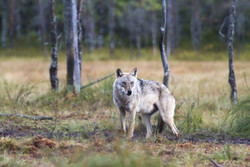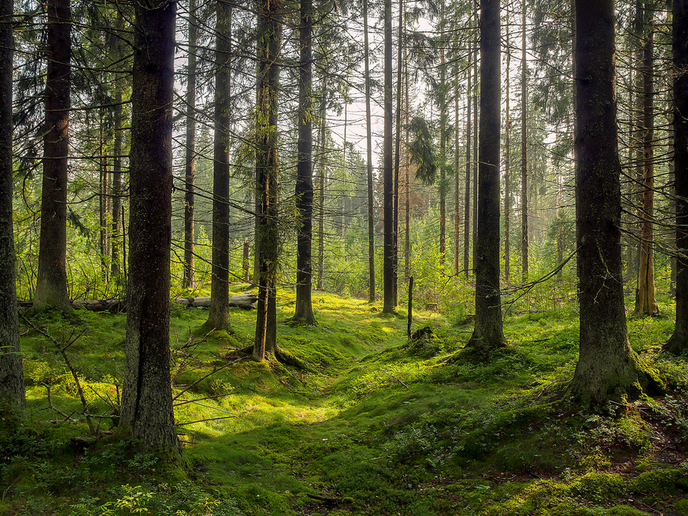Effect of biodiversity on Europe’s forests
The importance of biodiversity is not merely the huge variety of life on Earth but how it regulates the ways in which the planet's ecosystems operate. Scientists have long sought to understand the factors that govern this functioning through processes such as nutrient, carbon and water cycling. The FUNDIVEUROPE(opens in new window) (Functional significance of forest biodiversity in Europe) project therefore examined the role of different biodiversity impacts on forests and the various ecosystem services they can provide for human well-being. Scientists from 15 European countries investigated how biodiversity affects forest ecosystems by conducting experiments on plots of land that had been planted with trees within the last 10 years to create gradients of tree diversity. These were complemented with plots of different diversity in existing mature forests in six focal regions, which represented the major types of European forests, from Boreal over Temperate to Mediterranean forest. Scientists examined how tree species diversity affects many ecological processes and how loss in biodiversity impacts the delivery of wood for constructions, biomass for energy, clean water and other services that ecosystems offer for human societies. Project partners also recorded data concerning animal and microbial communities in the soil environment. Advanced modelling techniques were used to determine the temporal dynamics of pure and mixed species stands in forest landscapes and the related delivery of ecosystem services under a changing climate. In addition, key data was compiled concerning tree diversity, growth, soil and climate variables from national forest inventories, enabling scientists to better understand the influence of biodiversity and environmental factors on forest growth, mortality and regeneration. Finally, a web-based knowledge transfer platform(opens in new window) was set up, enabling forest managers, governments and policymakers to research and adapt policies for the sustainable use of forest ecosystems. It was found that mainly tree species identity, but also tree diversity has several effects on specific ecological functions and that mixed forests almost never perform worse than pure stands under a multi-functionality perspective. Thus, both functionally diverse forests and functionally important species play a crucial role to adequately preserve and promote key ecosystem functions and services. The creation and maintenance of more diverse forests will not only affect the functioning of forest ecosystems, but will also impact the economic viability of some forests. To increase profitability, markets should be created or boosted for tree species that are currently underrepresented in global markets. Besides timber, non-wood forest products, carbon certificates or novel cellulose products could support the shift to more species rich forests. FUNDIVEUROPE provided a wealth of new knowledge that will contribute to management guidelines and policy recommendations for the use of multi-diverse, mixed species forests. They will incorporate the benefits that biodiversity can provide for ecosystem functioning, stability and delivery of ecosystem services. Watch the project’s video(opens in new window) here.







